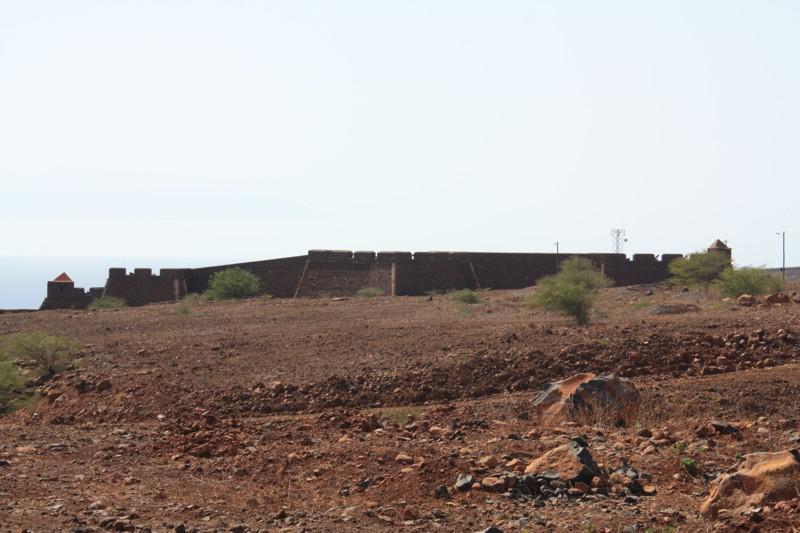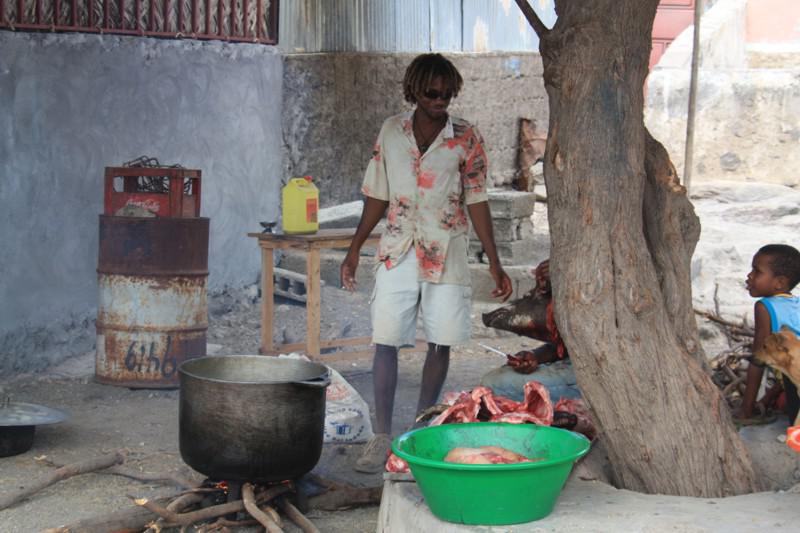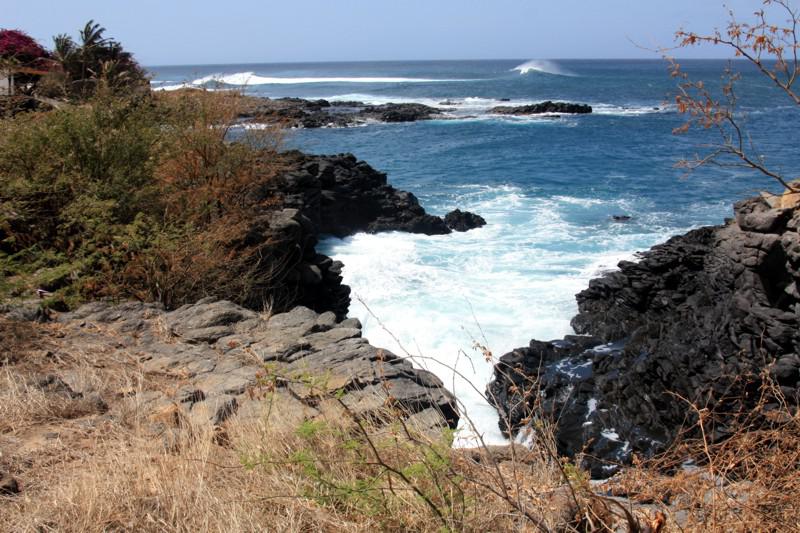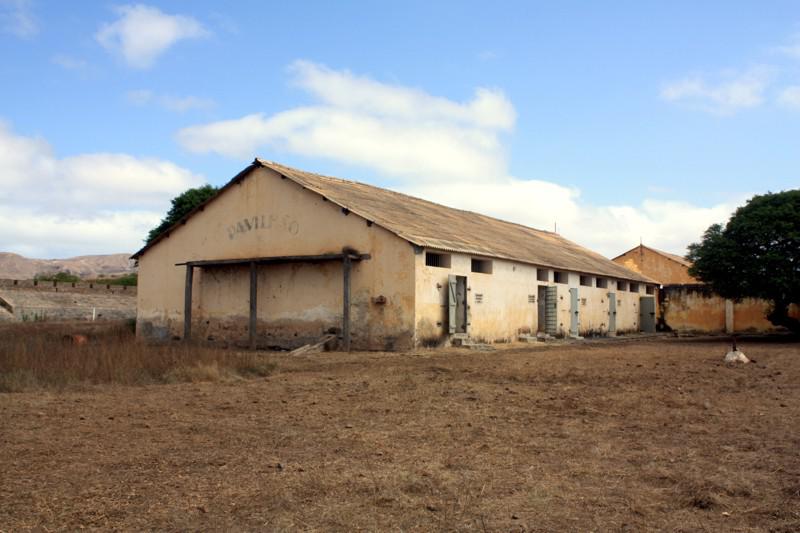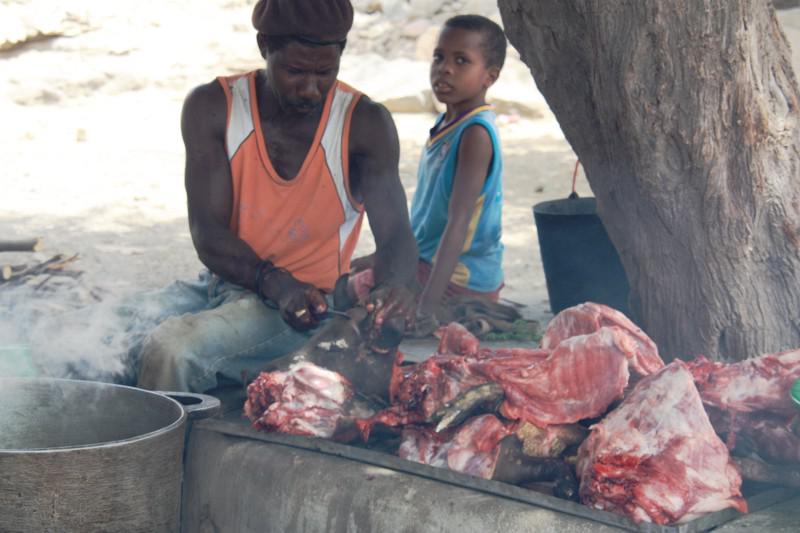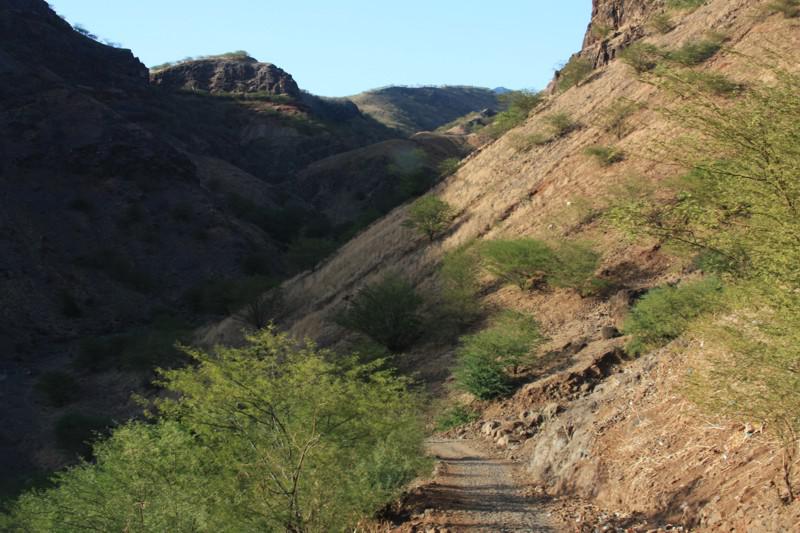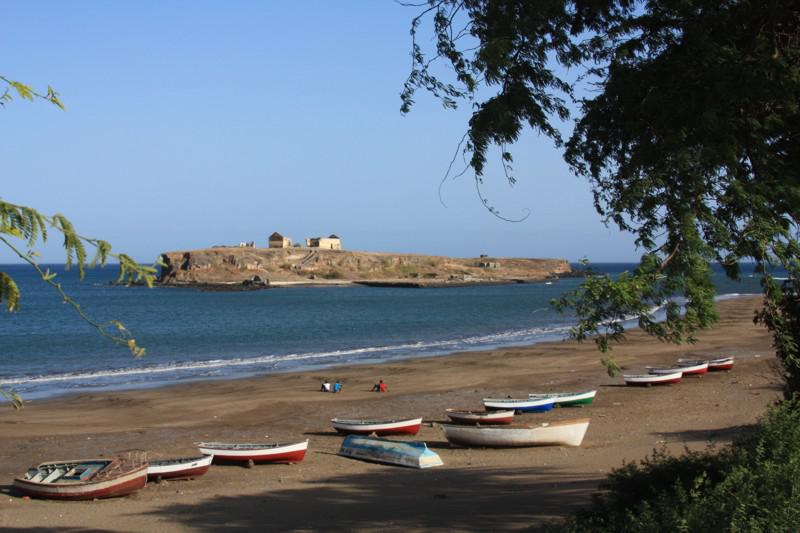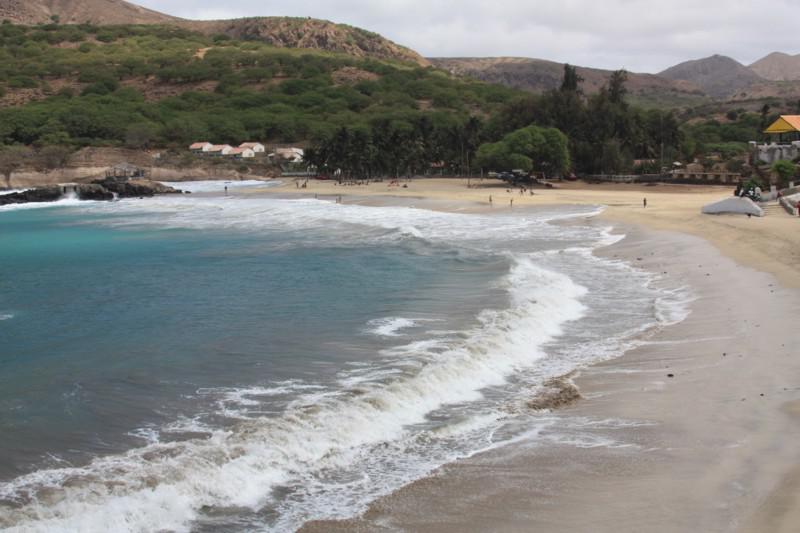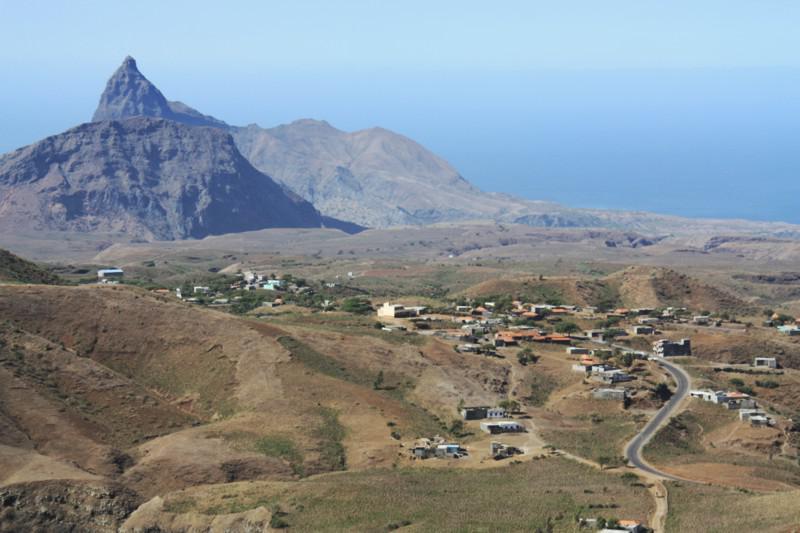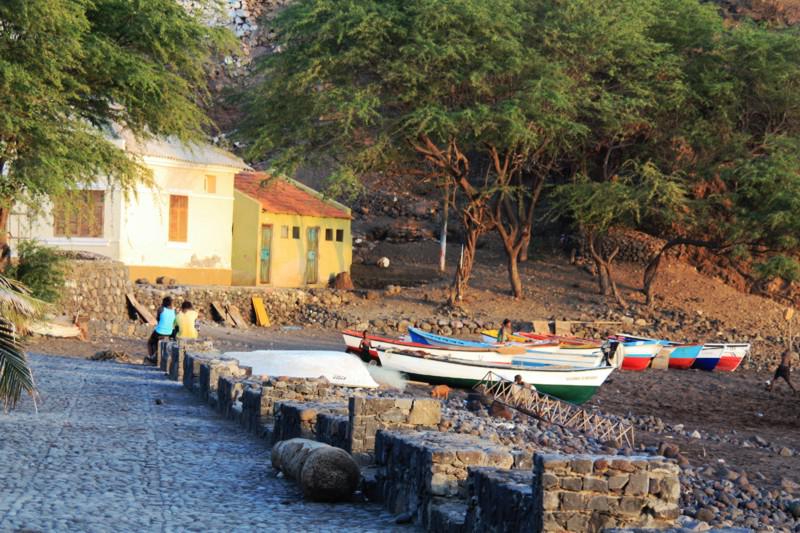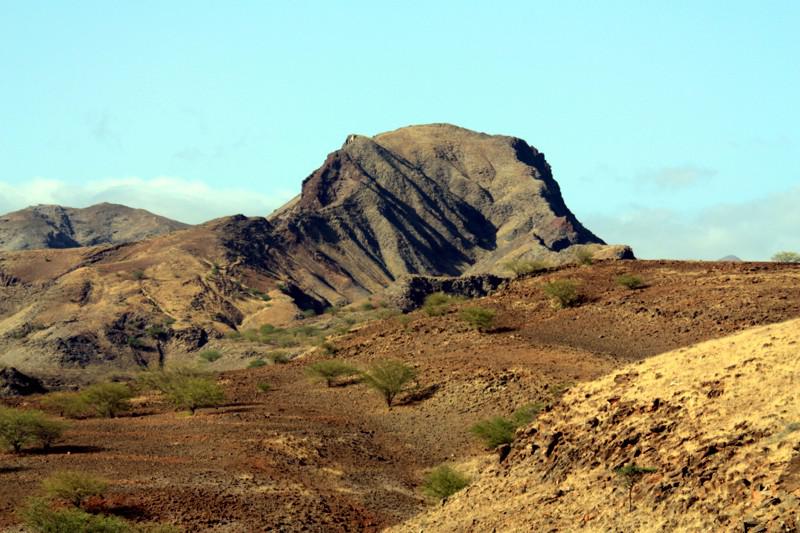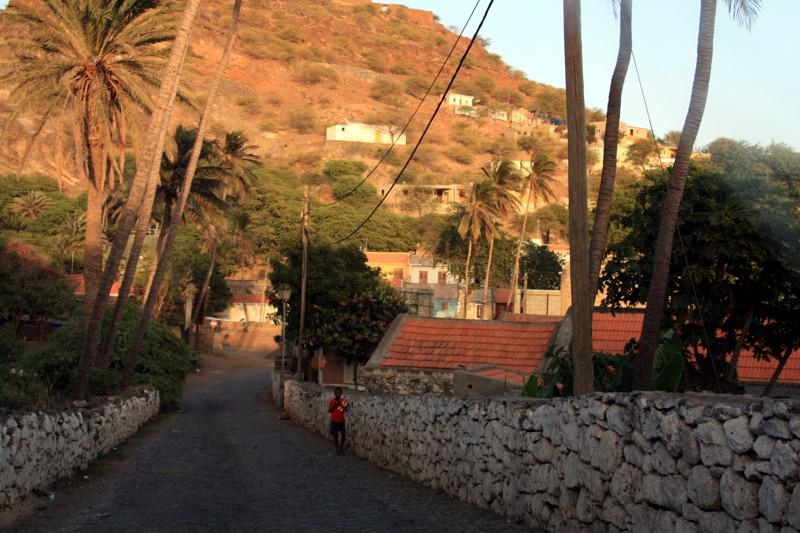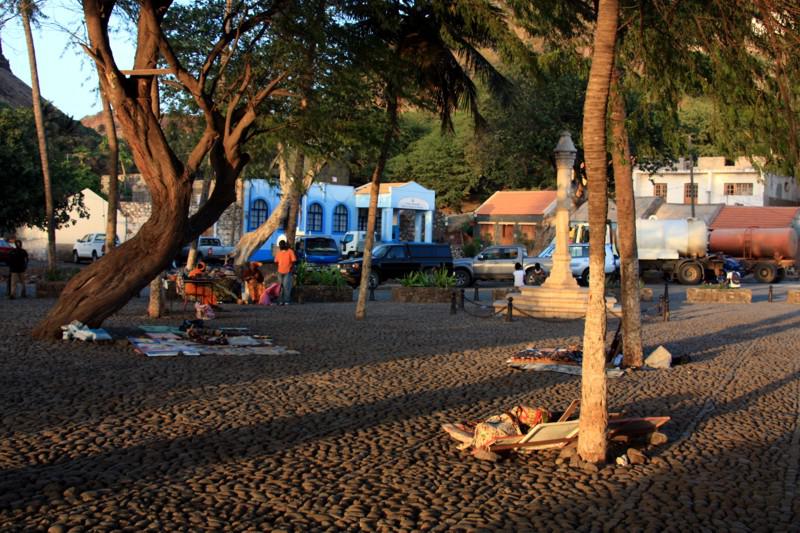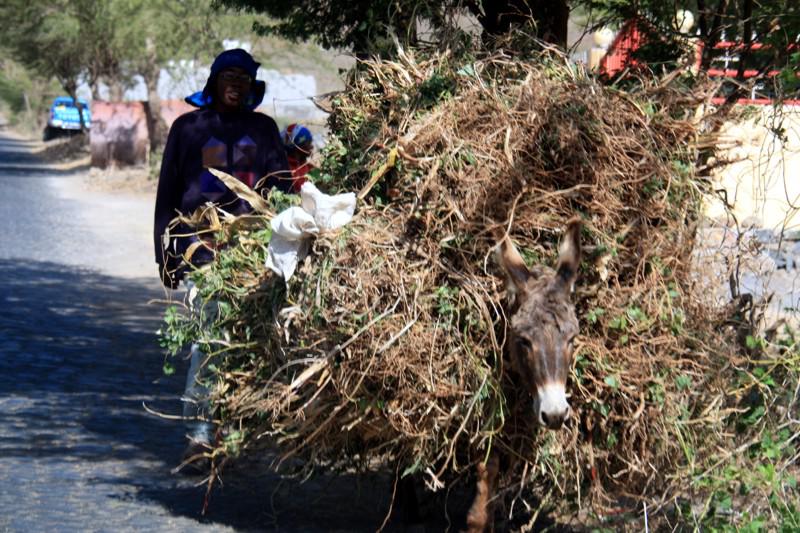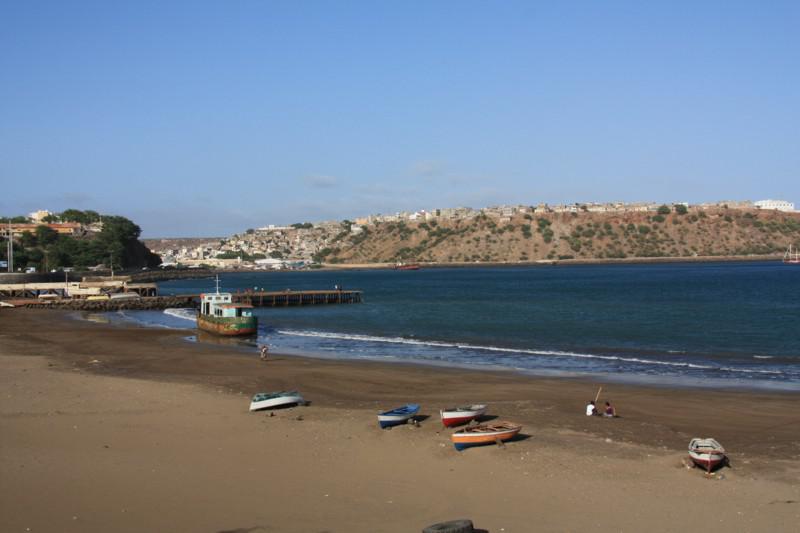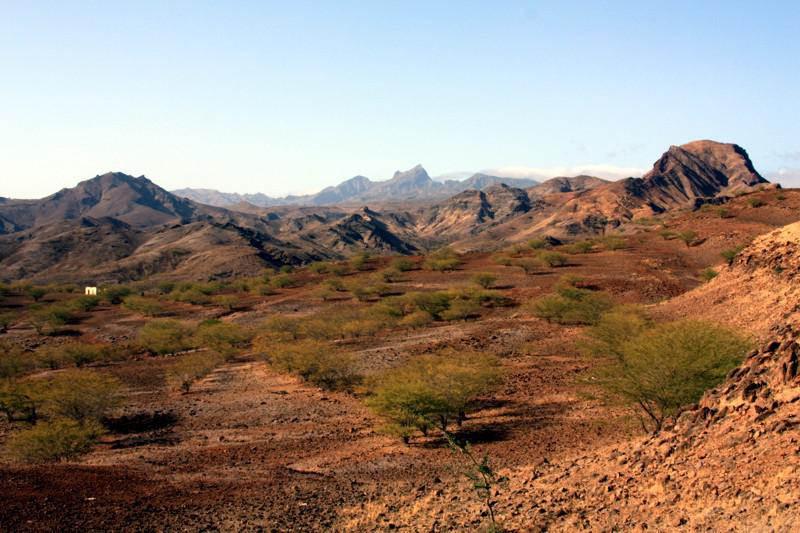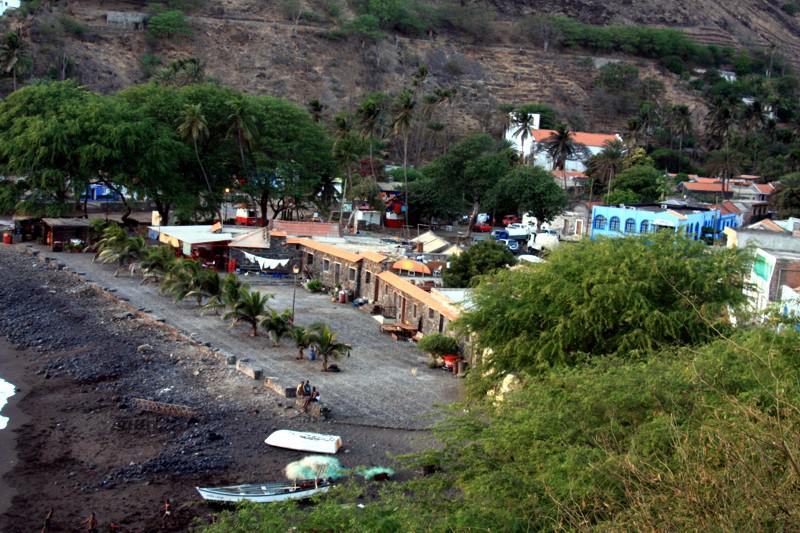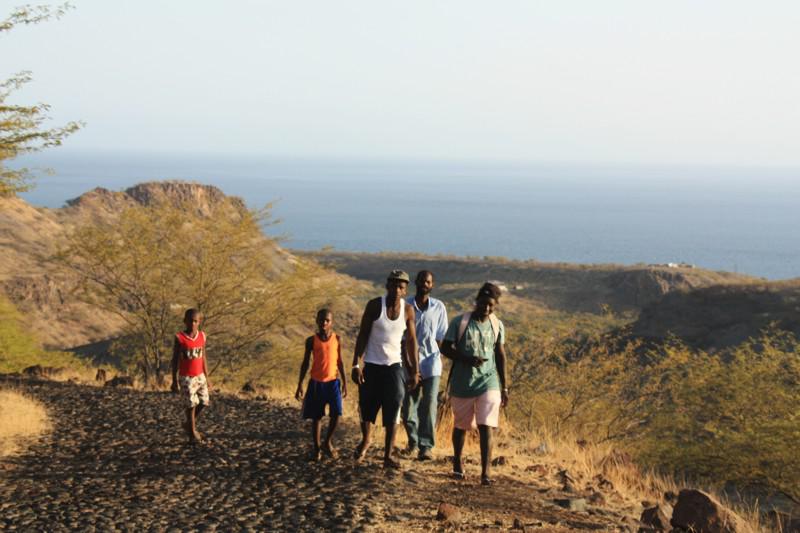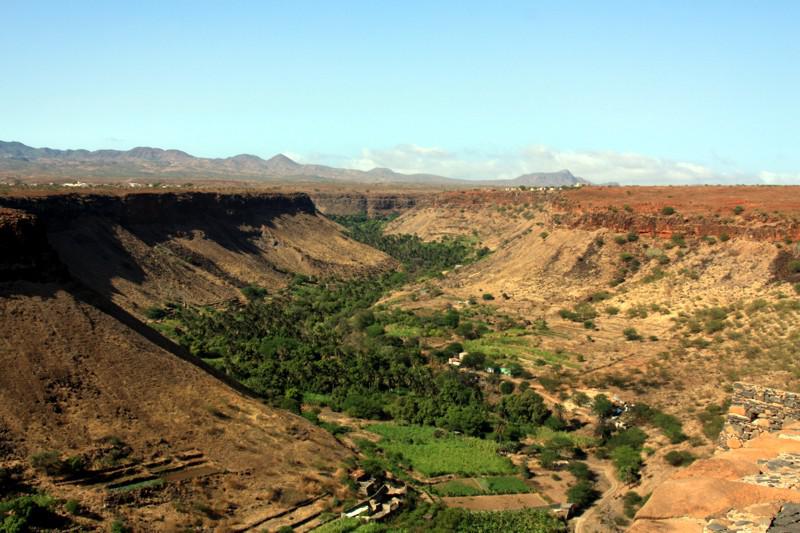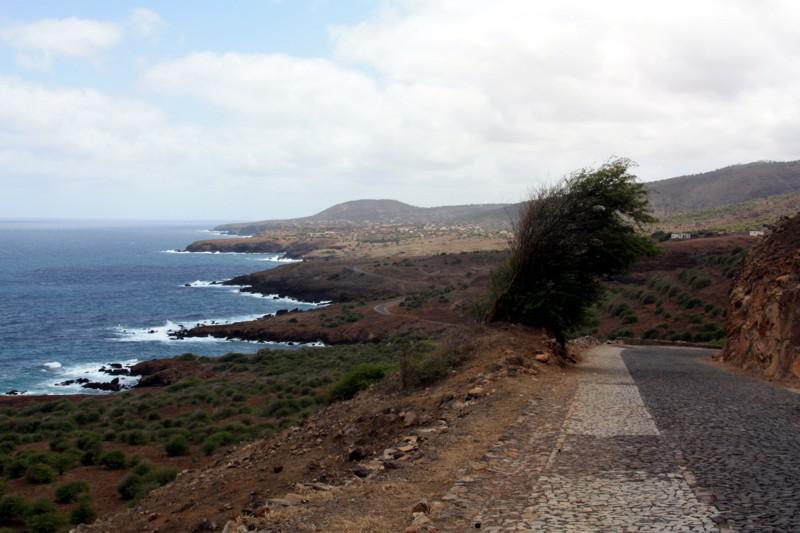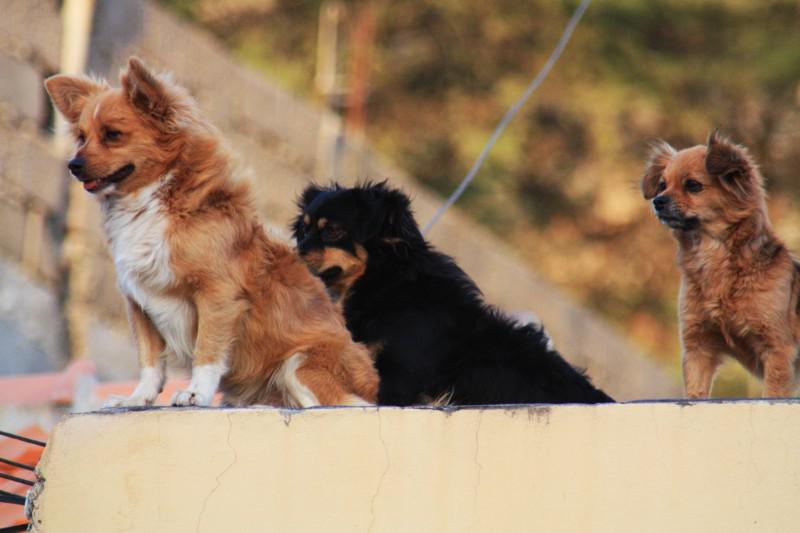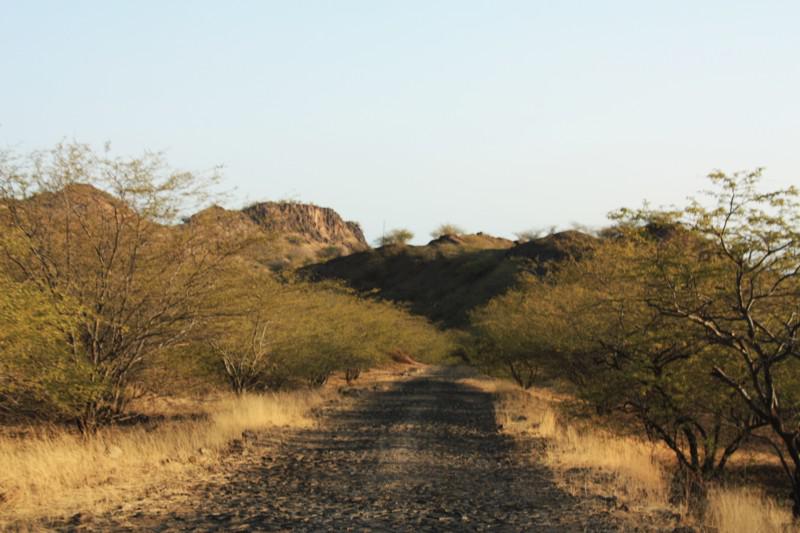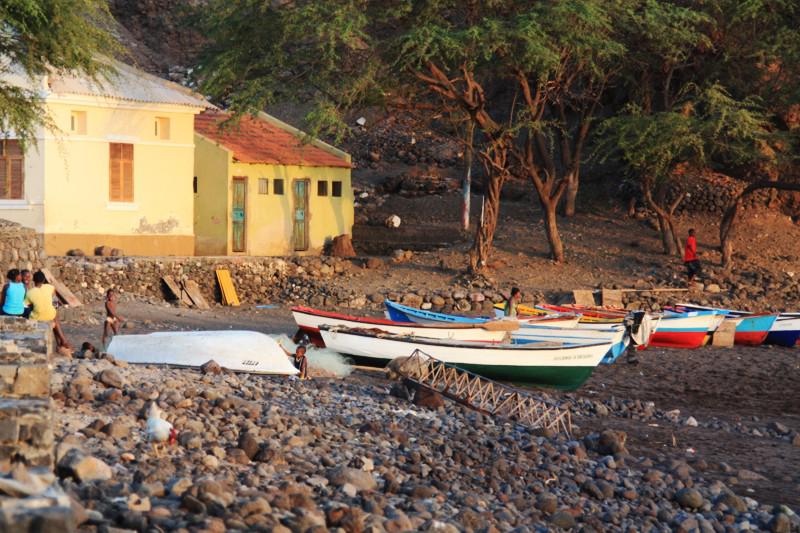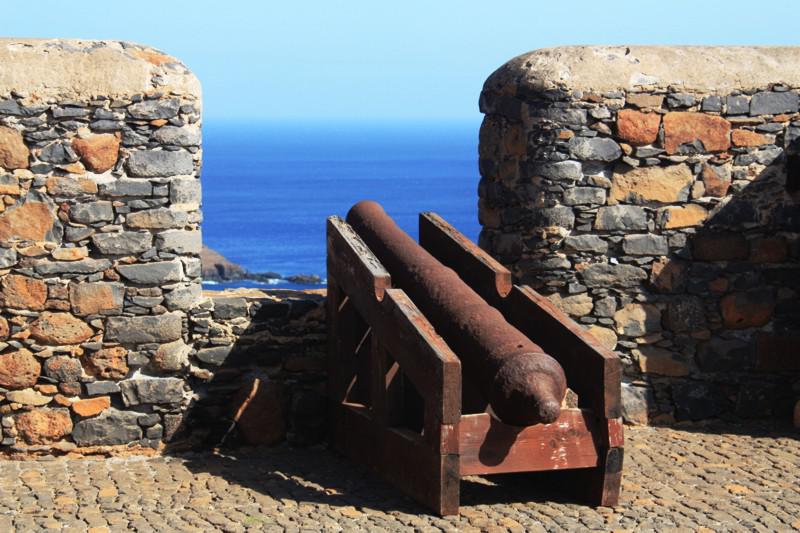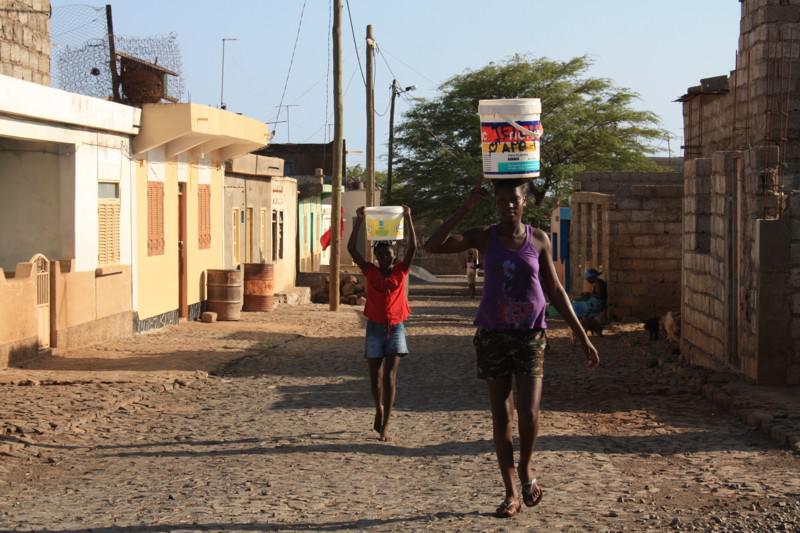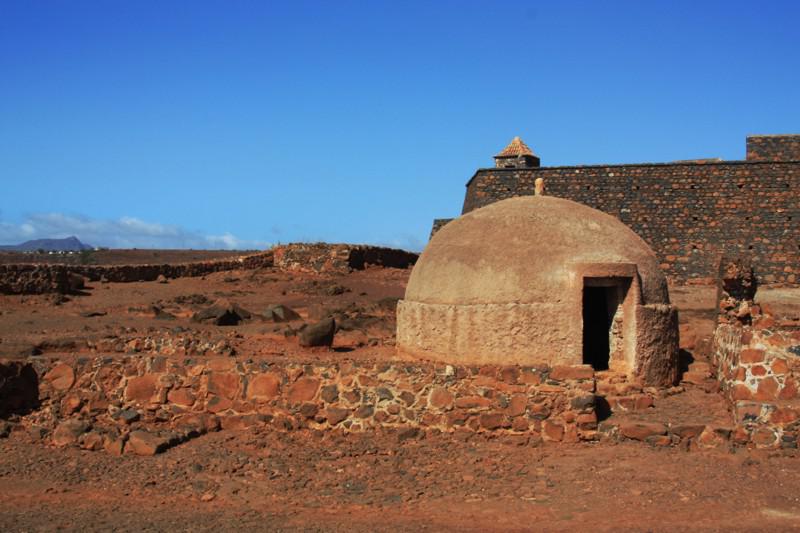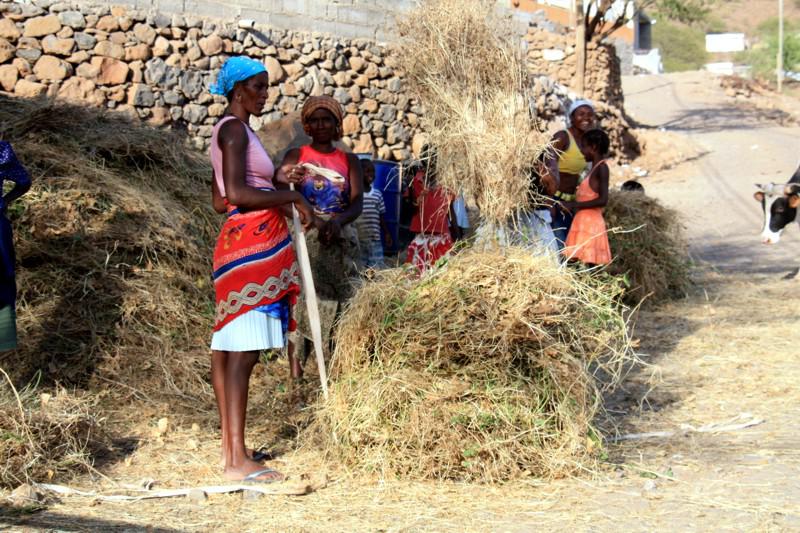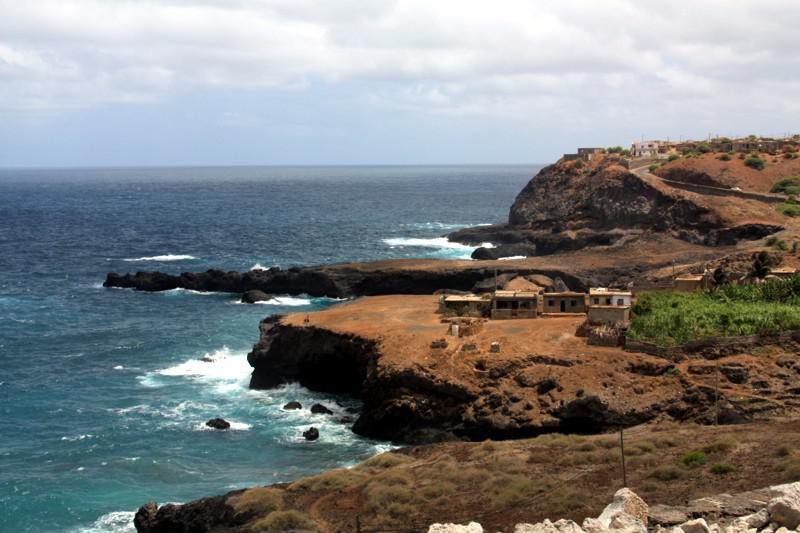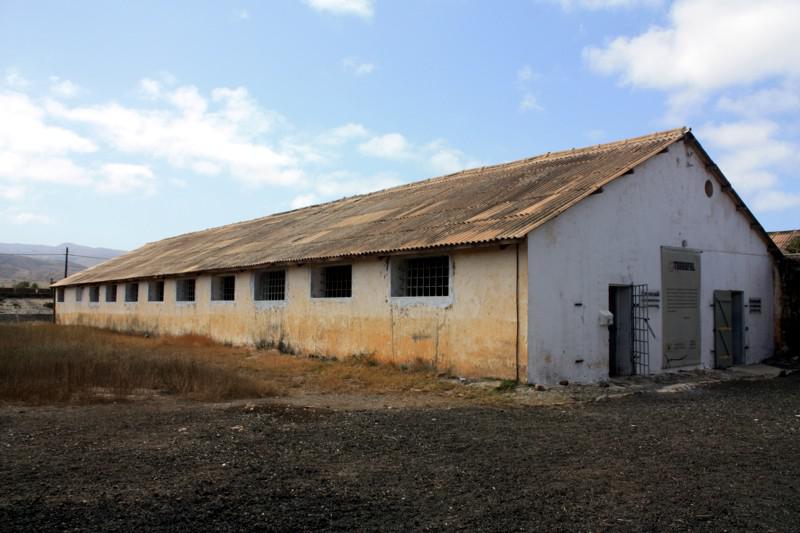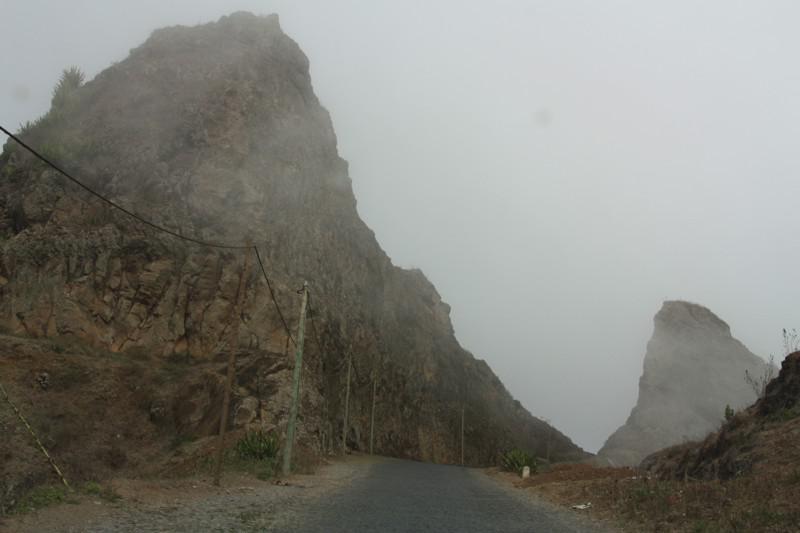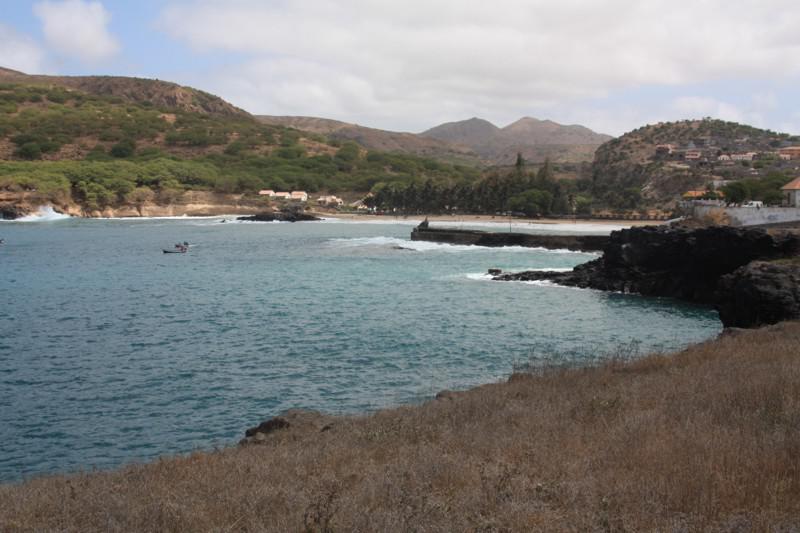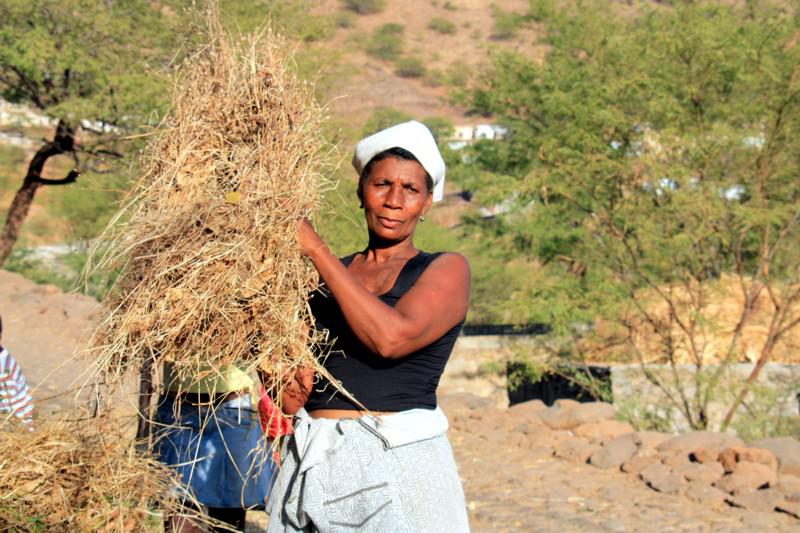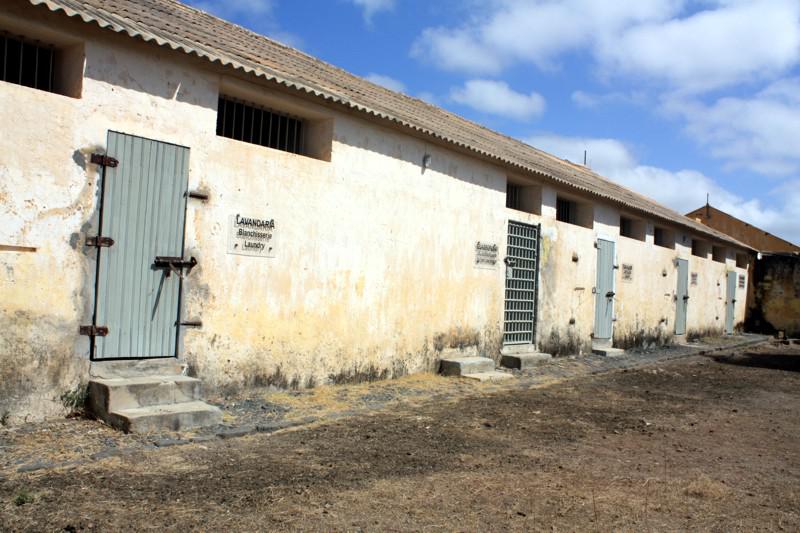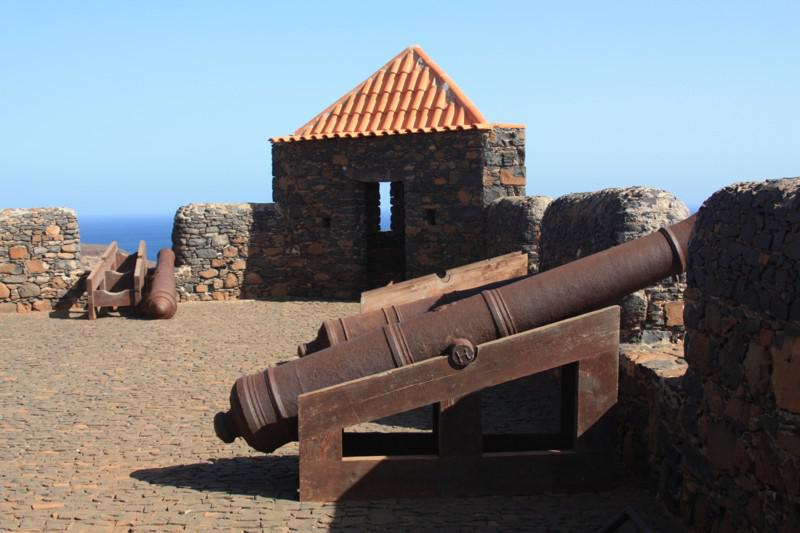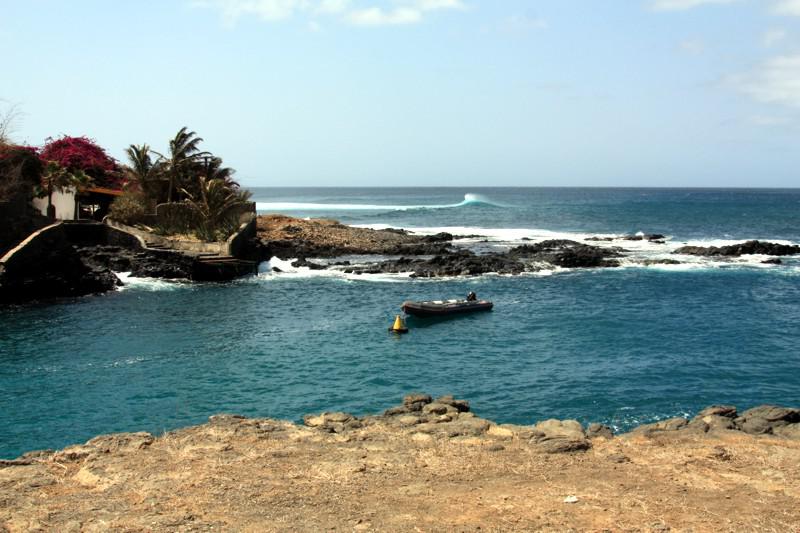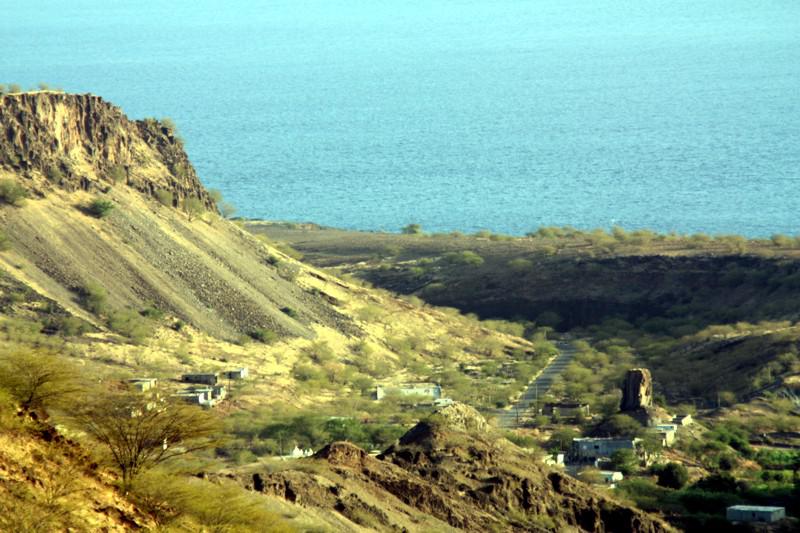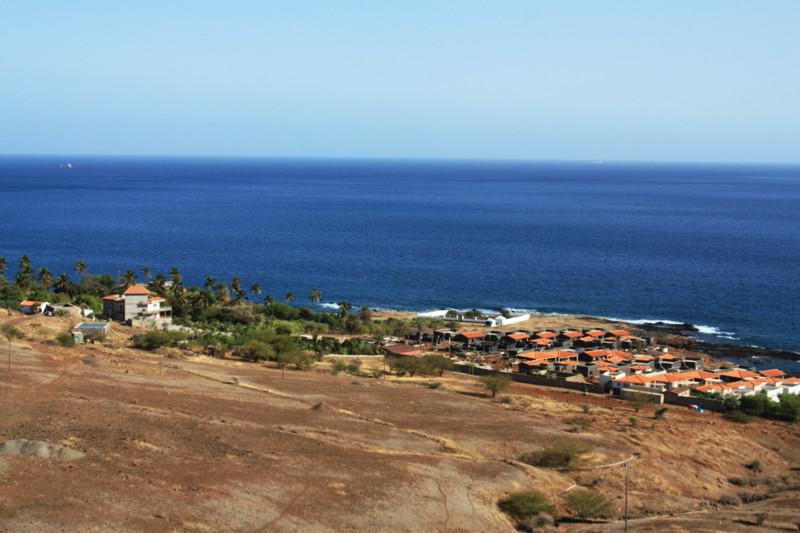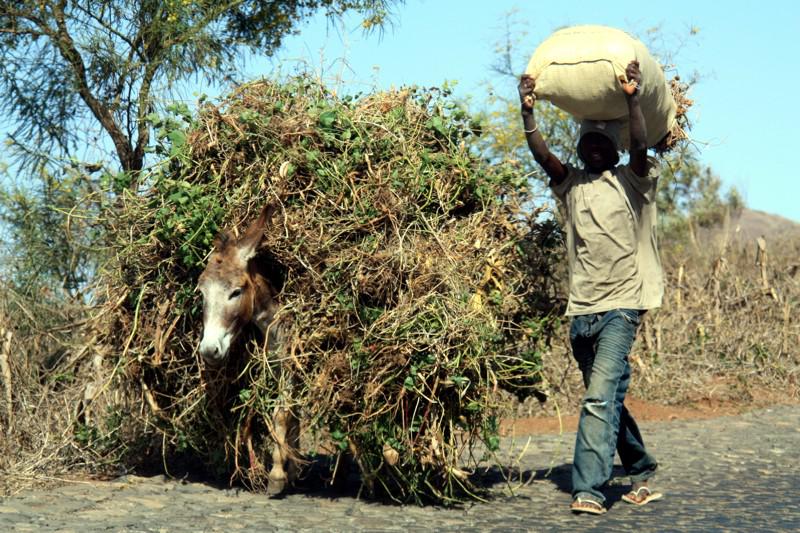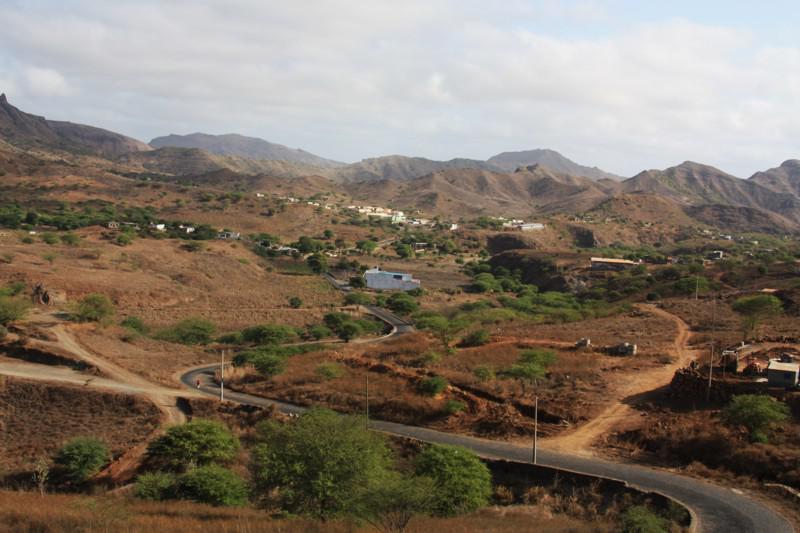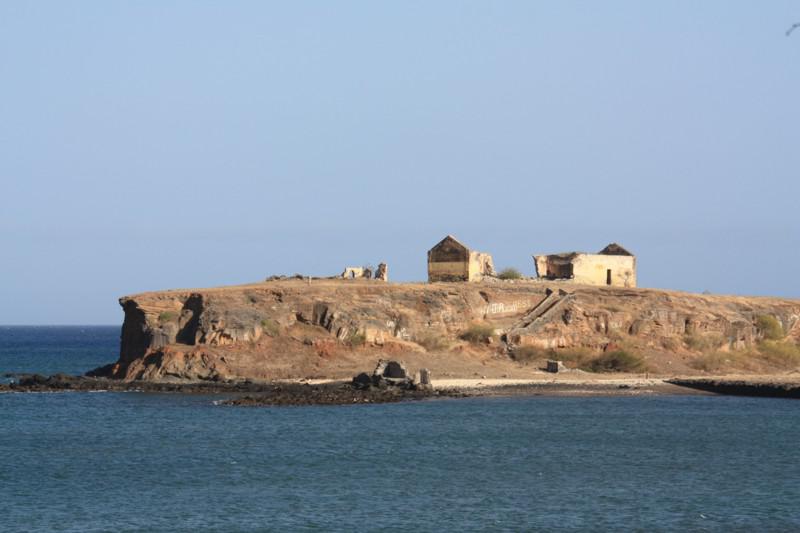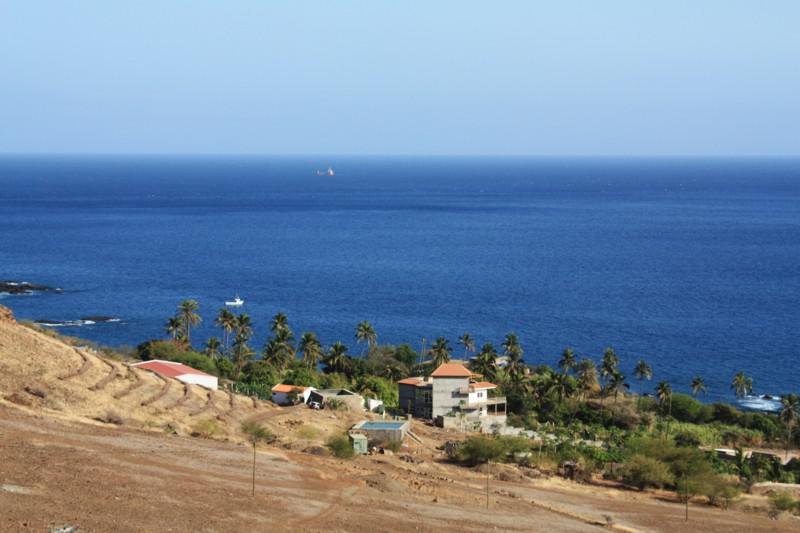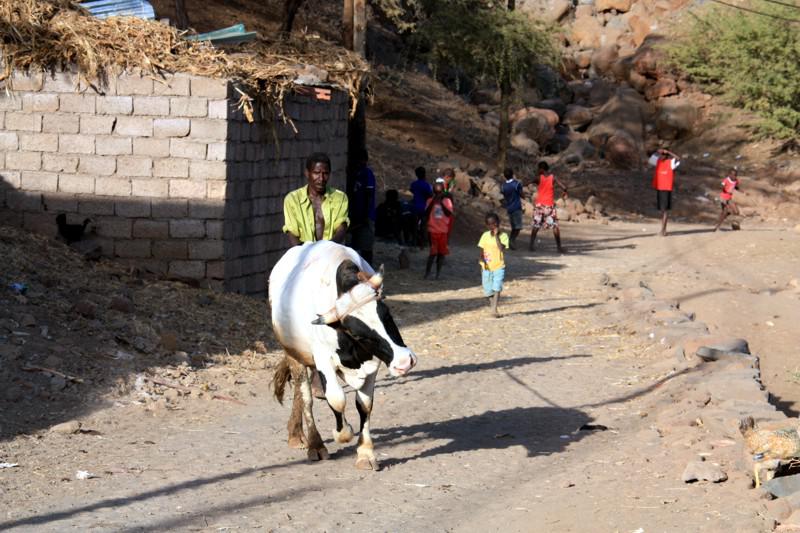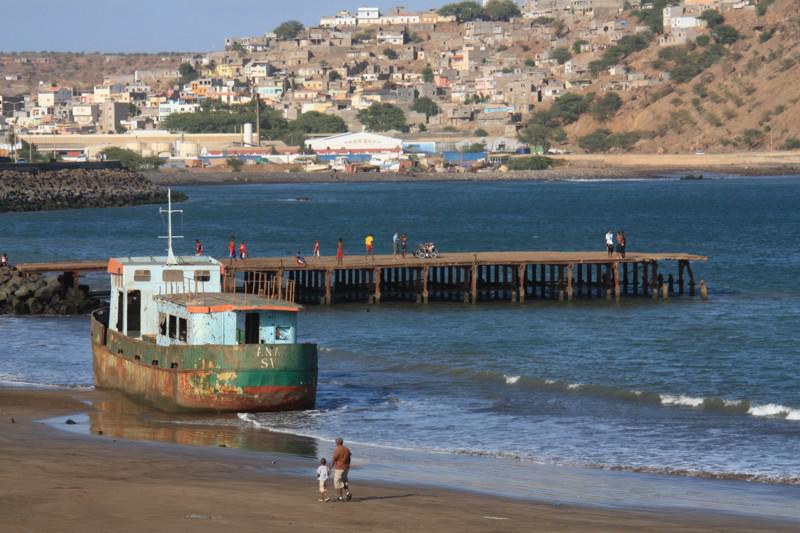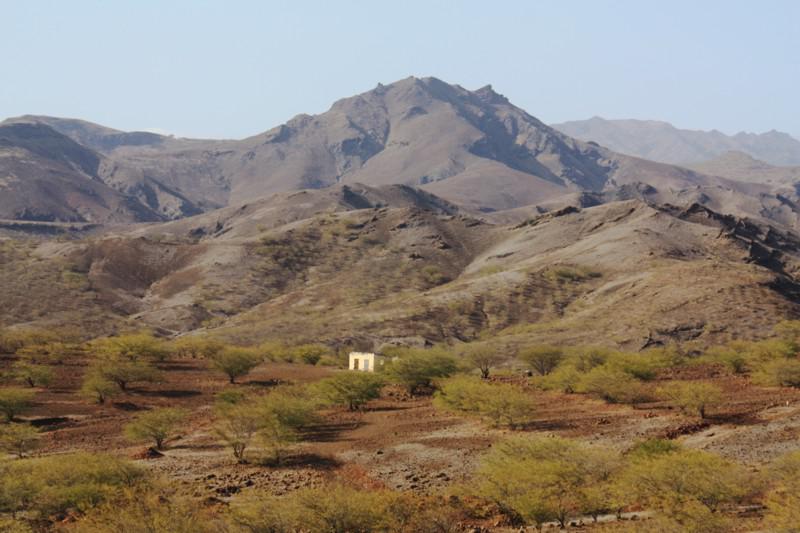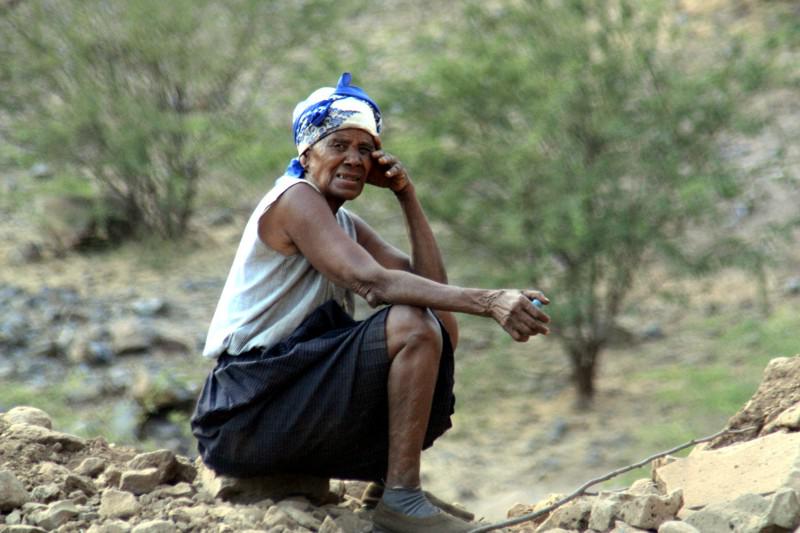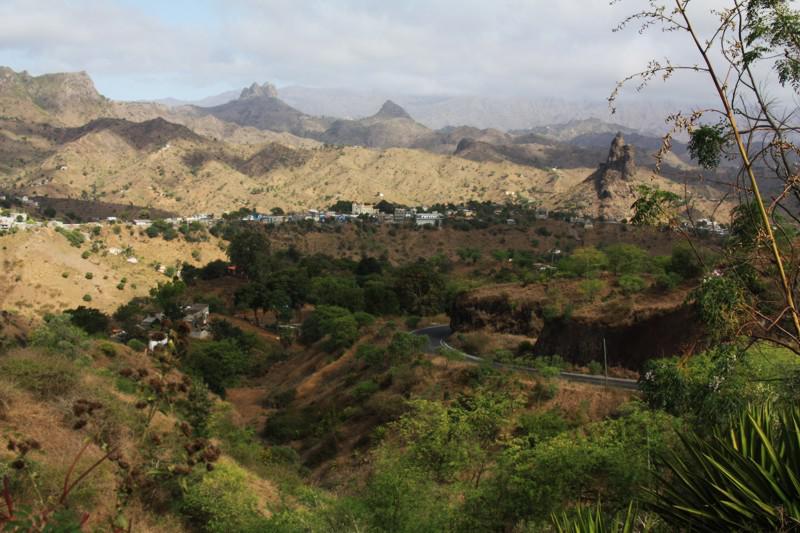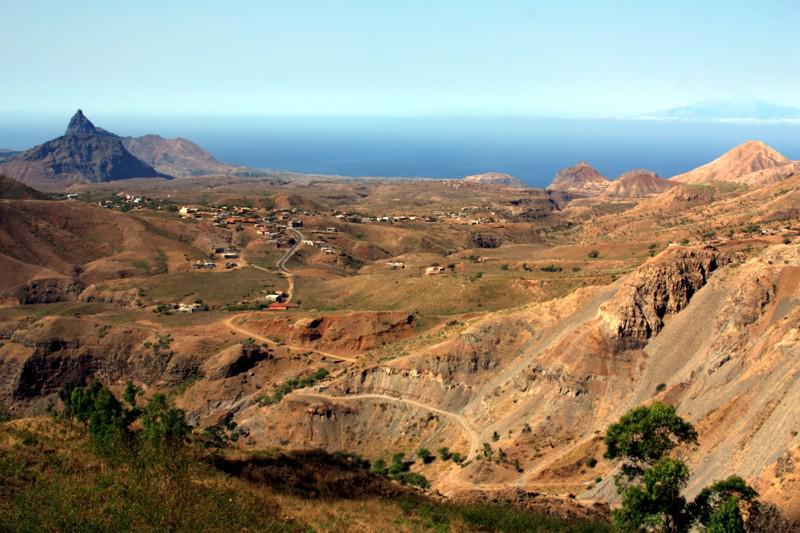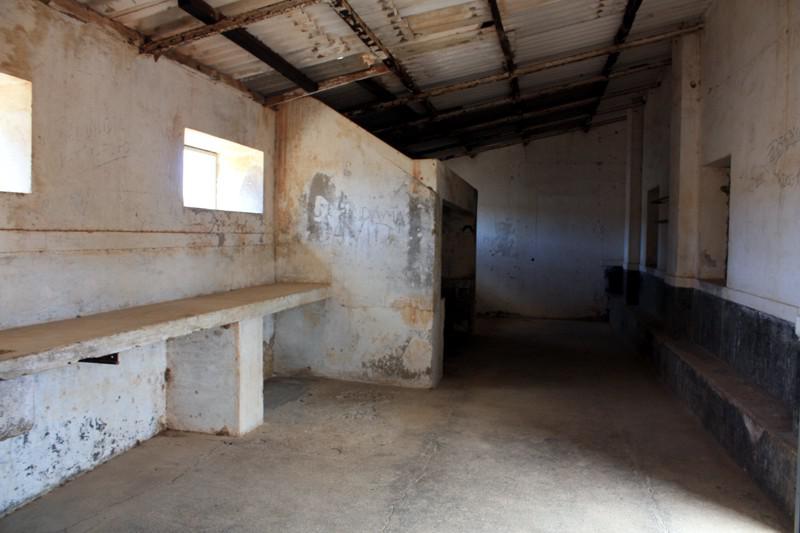Pictures of: Santiago Island, Cape Verde
Location map
Airports
Hotels and other Accommodation
What to visit
Where to Eat
Where to have fun
Consulates & Embassies
World Nomads
The Travel Insurance with the largest coverage

The Travel Insurance with the largest coverage

Island of Santiago
The island of Santiago, considered the most African of all and where the contrasts are clearer, offers a multitude of mountains and valleys, routes and tracks, in what is the largest island of the archipelago and that accommodates half of the population of the country, being the largest and most populous, political and economic capital, stands out for the cultural aspect, historical attractions and beautiful landscapes, and in its people, the mark of African influence.
It is also here that you will find the memories of other times, in the silence and in the ruins of the Old City, old Ribeira Grande, the first Portuguese city.
It is in Santiago that the administrative, political and economic headquarters of the country is located: its capital, Cidade da Praia, is home to about half of the island's inhabitants. The center of the city, built on a basaltic plateau, the Plateau, which dominates the bay, shows in most of its buildings a Portuguese colonial style architecture. The Fort and its cannon pointed out to the sea are relics that testify to its historical past. Its gardens and warmth give it a particular charm.
The center of the city corresponds to the Alexandre Albuquerque Square, one of the most typical places and the meeting point of the local population. In the late afternoon, people gather in cafés and terraces. Around the square are the Parish Church, the Court and the Town Hall building.
It is also here that you will find the memories of other times, in the silence and in the ruins of the Old City, old Ribeira Grande, the first Portuguese city.
It is in Santiago that the administrative, political and economic headquarters of the country is located: its capital, Cidade da Praia, is home to about half of the island's inhabitants. The center of the city, built on a basaltic plateau, the Plateau, which dominates the bay, shows in most of its buildings a Portuguese colonial style architecture. The Fort and its cannon pointed out to the sea are relics that testify to its historical past. Its gardens and warmth give it a particular charm.
The center of the city corresponds to the Alexandre Albuquerque Square, one of the most typical places and the meeting point of the local population. In the late afternoon, people gather in cafés and terraces. Around the square are the Parish Church, the Court and the Town Hall building.
Tourism
Filled with historical attractions and beautiful landscapes, it was the first island to be populated after the discovery of the archipelago. With an area of 992 Km2, it is the most extensive and populous of the archipelago housing more than half the population of Cape Verde. The mountainous interior, suitable for mountaineering, features winding and deep valleys, some with permanent water sources, and two imposing mountain ranges: one of them, with the Pico d'Antónia, the highest point of the island, at 1,392 meters , and the other the Serra Malagueta.
Cradle of cape-verdianity, the island offers a unique cultural, gastronomic and landscape richness, in addition to beautiful beaches.
It also has beautiful bays and coves. Those of São Martinho, Praia-Baixo and São Francisco, as well as Tarrafal and Ribeira de Prata, deserve a visit and a compulsory dive.
The city of Praia offers a rich range of attractive curiosities, such as the Sucupira Fair, typically African, where you can find everything. The Amílcar Cabral Avenue, the main artery of the Plateau, lined with commercial houses and important companies, gardens and terraces of cafes, where you can kill the thirst, are worth a visit. Close by is the Sucupira Market, filled with products, particularly agricultural products, from the vegetable gardens in the interior of the Island. A walk along the beaches of Gamboa (where it is held, on May 19, for 3 nights, by the City Day Festivities, a busy Music Festival), White Woman, Prainha and Cinnamon Break complete the picture.
The coastline is steep, usually abrupt, of black reefs, interrupted at some points by small sandy beaches. Very rich seabed, especially in the eastern zone, give this island great possibilities for practicing underwater hunting and diving. The milder climate and the luxuriant vegetation in highlands and in certain valleys contrasts with the aridity of the intermediate and lower zones.
In addition to the glow of the capital, Santiago is an island of rugged mountains, volcanic rocks and green valleys. On this journey through the mystical interior, visit the colorful market of Assomada, an important commercial spot with a unique atmosphere, in a mixture of countryside and city.
Other points of tourist attraction are also the São Domingos valley, the Pico d 'Antónia (the highest point of the island), and do not miss visiting the Botanical Garden of São Jorge, "Rui Vaz", Serra Natural Park Malagueta, Calheta de São Miguel and Santa Cruz, not forgetting São Lourenço dos Órgãos and São Salvador do Mundo.
Cradle of cape-verdianity, the island offers a unique cultural, gastronomic and landscape richness, in addition to beautiful beaches.
It also has beautiful bays and coves. Those of São Martinho, Praia-Baixo and São Francisco, as well as Tarrafal and Ribeira de Prata, deserve a visit and a compulsory dive.
The city of Praia offers a rich range of attractive curiosities, such as the Sucupira Fair, typically African, where you can find everything. The Amílcar Cabral Avenue, the main artery of the Plateau, lined with commercial houses and important companies, gardens and terraces of cafes, where you can kill the thirst, are worth a visit. Close by is the Sucupira Market, filled with products, particularly agricultural products, from the vegetable gardens in the interior of the Island. A walk along the beaches of Gamboa (where it is held, on May 19, for 3 nights, by the City Day Festivities, a busy Music Festival), White Woman, Prainha and Cinnamon Break complete the picture.
The coastline is steep, usually abrupt, of black reefs, interrupted at some points by small sandy beaches. Very rich seabed, especially in the eastern zone, give this island great possibilities for practicing underwater hunting and diving. The milder climate and the luxuriant vegetation in highlands and in certain valleys contrasts with the aridity of the intermediate and lower zones.
In addition to the glow of the capital, Santiago is an island of rugged mountains, volcanic rocks and green valleys. On this journey through the mystical interior, visit the colorful market of Assomada, an important commercial spot with a unique atmosphere, in a mixture of countryside and city.
Other points of tourist attraction are also the São Domingos valley, the Pico d 'Antónia (the highest point of the island), and do not miss visiting the Botanical Garden of São Jorge, "Rui Vaz", Serra Natural Park Malagueta, Calheta de São Miguel and Santa Cruz, not forgetting São Lourenço dos Órgãos and São Salvador do Mundo.
Gastronomy
Gastronomy, rich, has local specialty "Beans stone stew with pestle meat" and "Catchupa" (based on meats - chicken, beef, pork and sausages - and vegetables - corn, beans, cabbage and potatoes ).
One of the main dishes of Santiago island is the famous cachupa, although it is cumum in all the islands. They are two types of cachupa existing in Cape Verde, the rich and the poor. In the poor cachupa, instead of meat, fish are used, which in Cape Verde has a lower cost in relation to meat. The cachupa can be tasted in both broth and stew.
We have the cucuz, which can be either corn flour or wheat flour, which is then served with cow's milk.
One of the main dishes of Santiago island is the famous cachupa, although it is cumum in all the islands. They are two types of cachupa existing in Cape Verde, the rich and the poor. In the poor cachupa, instead of meat, fish are used, which in Cape Verde has a lower cost in relation to meat. The cachupa can be tasted in both broth and stew.
We have the cucuz, which can be either corn flour or wheat flour, which is then served with cow's milk.
Weather
The average annual temperature is rarely higher than 25 ° C or below 20 ° C.
The rainy season, on the Island of Santiago, from August to October, is very irregular and usually with more rain, than most other
The driest season, from December to July, is characterized by constant winds. The so-called dry haze, brought by the harmonic wind from the sands of the Sahara, leads to a disruption of services at airports.
The rainy season, on the Island of Santiago, from August to October, is very irregular and usually with more rain, than most other
The driest season, from December to July, is characterized by constant winds. The so-called dry haze, brought by the harmonic wind from the sands of the Sahara, leads to a disruption of services at airports.
Other tourist destinations in:
Cape Verde
Cape Verde
Other world tourist destinations
Why to book with TURISMO & VIAGENS
The best prices
Our partnerships with the world´s largest operators offer research on the best market prices.
More options
At Rotas Turisticos you can book the hotel, buy the air ticket, book the transfer from the airport to the hotel and vice versa, book the local excursions, rent the car, take travel insurance and consult the places to visit and where to go.
Holiday Tips & Destinations
Hundreds of holiday destinations with all the options that allow you to easily choose the destination that best suits your dream vacation.
TURISMO & VIAGENS
Links

